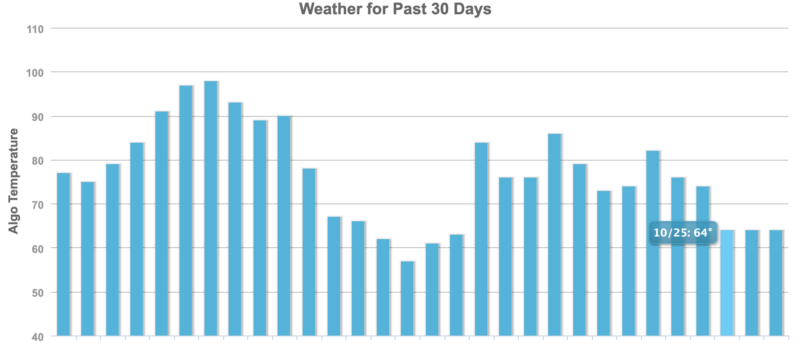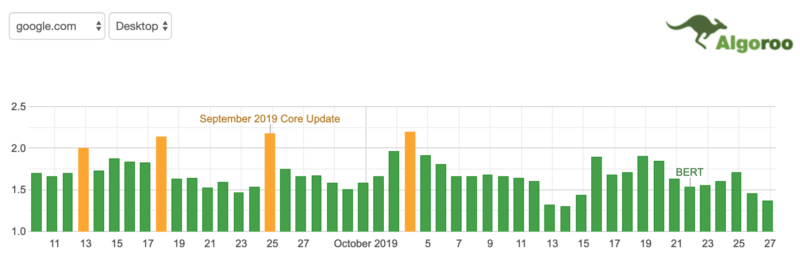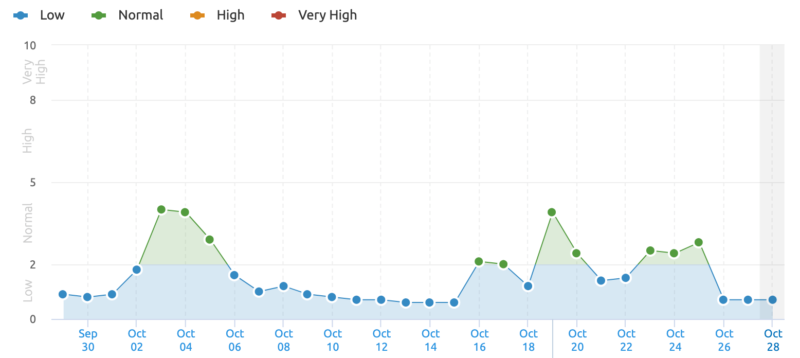Why you may not have noticed the Google BERT update
Don't try to optimize for BERT, try to optimize your content for humans.
Google introduced the BERT update to its Search ranking system last week. The addition of this new algorithm, designed to better understand what’s important in natural language queries, is a significant change. Google said it impacts 1 in 10 queries. Yet, many SEOs and many of the tracking tools did not notice massive changes in the Google search results while this algorithm rolled out in Search over the last week.
The question is, Why?
The short answer. This BERT update really was around understanding “longer, more conversational queries,” Google wrote in its blog post. The tracking tools, such as Mozcast and others, primarily track shorter queries. That means BERT’s impact is less likely to be visible to these tools.
And for site owners, when you look at your rankings, you likely not tracking a lot of long-tail queries. You track queries that send higher volumes of traffic to your web site, and those tend to be short-tail queries.
Moz on BERT. Pete Meyers of Moz said the MozCast tool tracks shorter head terms and not the types of phrases that are likely to require the natural language processing (NLP) of BERT.
RankRanger on BERT. The folks at RankRanger, another toolset provider told me something similar. “Overall, we have not seen a real ‘impact’ — just a few days of slightly increased rank fluctuations,” the company said. Again, this is likely due to the dataset these companies track — short-tail keywords over long -tail keywords.
Overall tracking tools on BERT. If you look at the tracking tools, virtually all of them showed a smaller level of fluctuation on the days BERT was rolling out compared to what they have shown for past Google algorithm updates such as core search algorithm updates, or the Panda and Penguin updates.
Here are screenshots of the tools over the past week. Again, you would see significant spikes in changes, but these tools do not show that:







SEO community on BERT. When it comes to individuals picking up on changes to their rankings in Google search, that also was not as large as a Google core update. We did notice chatter throughout the week, but that chatter within the SEO community was not as loud as is typical with other Google updates.
Why we care. We are seeing a lot of folks asking about how they can improve their sites now that BERT is out in the wild. That’s not the way to think about BERT. Google has already stated there is no real way to optimize for it. Its function is to help Google better understand searchers’ intent when they search in natural language. The upside for SEOs and content creators is they can be less concerned about “writing for the machines.” Focus on writing great content — for real people.
Danny Sullivan from Google said again, you cannot really optimize for BERT:
Continue with your strategy to write the best content for your users. Don’t do anything special for BERT, but rather, be special for your users. If you are writing for people, you are already “optimizing” for Google’s BERT algorithm.
Related stories
New on Search Engine Land